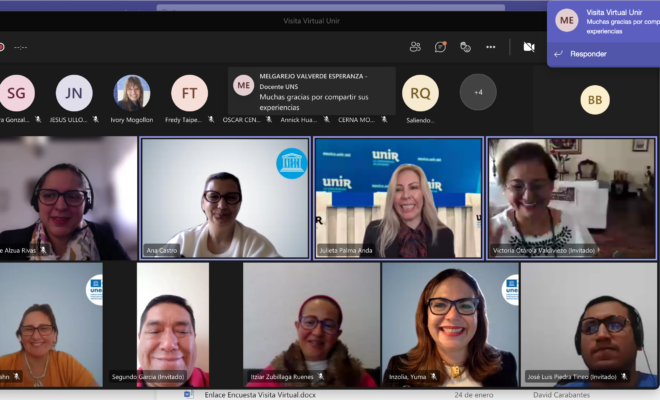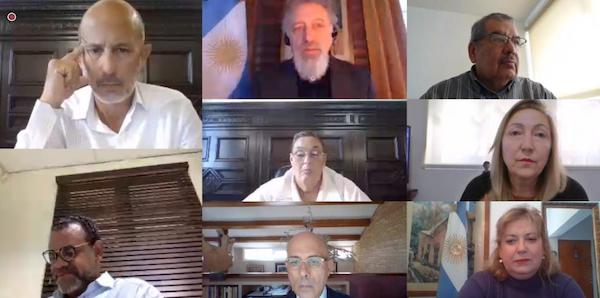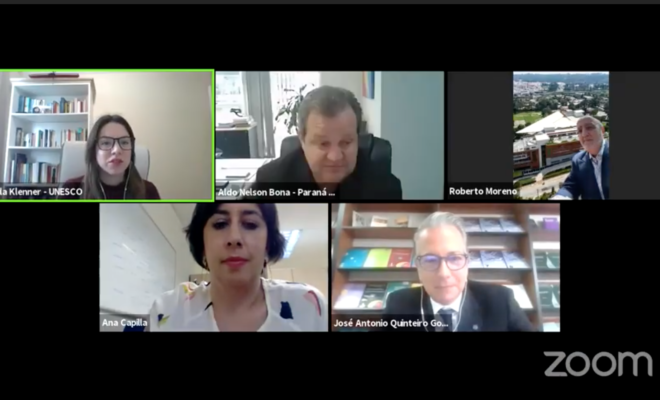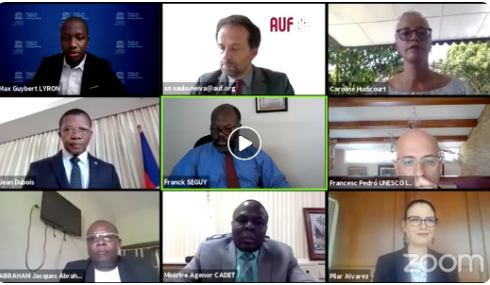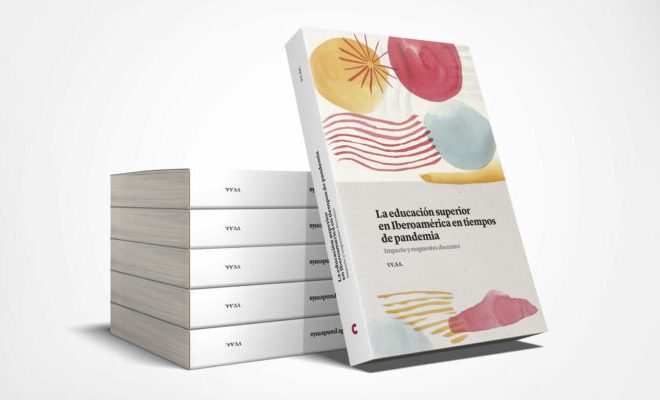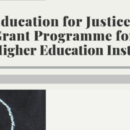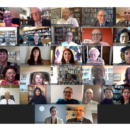The Diagnostic Phase of the Strategic Support Program to Universities of Peru advances with surveys, interviews and discussion groups

September 4th / We continue in the first Diagnostic Phase of the Program to support the design and implementation of strategies for the continuity of the higher educational services in the public universities of Peru, created by the UNESCO International Institute for Higher Education in Latin America and the Caribbean (IESALC), to support the educational continuity of 13 of the 52 public universities in Peru.
The Program, which emerges from an open call from the Ministry of Education of Peru and the Inter-American Development Bank, carries out the process of preparing and distributing surveys, interviews and discussion groups among teachers, students, technical personnel and authorities of the universities involved, as part of the diagnostic phase.
The IESALC academic coordination team was in charge of preparing the questionnaires and the content of the interviews and discussion groups, distributed to the different diagnostic agents for the qualitative and quantitative data analysis process.
The process has involved program coordinators assigned by the participating universities, responsible for the distribution of the formats. This work has been fundamental for the participation among the agents, as well as for the achievement of the results obtained.
The participation rate in the surveys has been more than 90% among authorities and technical personnel, and around 60% in the case of teachers and students. The participation of 100% of the total sample of students in the Universidad Nacional Autónoma de la Chota and the Universidad Nacional del Callao, demonstrates the desire to advance in this project from which Peruvian universities will benefit to successfully carry out virtual educational continuity in Peru.
Through these meetings with the representatives of students, teachers, technical staff and authorities of each university, we have been able to know first-hand the situation that has been experienced in these months of health emergency, how the adaptation to the non-face-to-face education model has been and the difficulties encountered throughout this stage, among other issues resulting from the COVID-19 pandemic.
One of the achievements among the teams responsible for training has been the identification of good practices among teachers and students. This way of proceeding has served in many cases as a starting point when establishing the criteria for the creation of training models.
In the near future, the teams in charge will proceed to analyze the data obtained through the different information collection tools, taking into account that the objective of the Program is to develop a methodological training proposal for teachers, students and technical team.
You may be interested in:
UNESCO IESALC will provide technical assistance to strengthen virtual higher education in Peru
Photo by Anna Shvets from Pexels.
RELATED ITEMS
